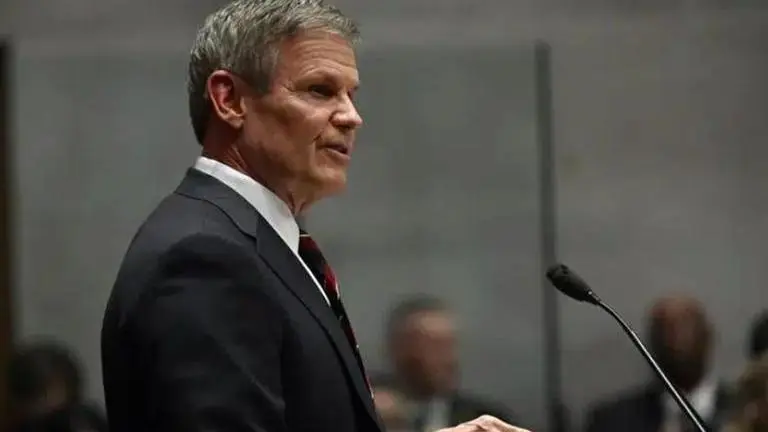Updated 2 April 2023 at 11:22 IST
Tennessee federal judge blocks bill to restrict drag performances in front of children
“If Tennessee wishes to exercise police power in restricting speech it considers obscene, it must do within framework of US constitution," judge said.
- World News
- 2 min read

A federal judge in the US state of Tennessee has temporarily blocked a law that would restrict drag performances in front of children. The block on the bill was imposed on Friday, and the judge argued that the legislation was, in fact, "vague and overly broad" and that it threatens freedom of expression. If not restrained, the bill otherwise would have gone into effect on Saturday, Fox News reported. The judge was appointed by former President Donald Trump. There has been ongoing debate across the Republican-ruled states that drag shows including in Tennessee are inherently sexually explicit to be performed in front of children.
"At this point, the court finds that the statute is likely both vague and overly-broad," US District Judge Thomas Parker said in his ruling.
Bill signed by Tennessee Republican Governor Bill Lee in Feb
Legislation to restrict the drag performances in the children's premises was signed by Tennessee Republican Governor Bill Lee in February. It received approval through the state legislature. The bill aimed to ban drag performances in public or in front of children. It argued that such shows are inappropriate for younger audiences and kids. Governor Lee had argued that the law would protect children from potentially being exposed to "sexualized entertainment" or "obscenity," according to Fox news.
The GOP has been leading an effort to ban such drag performances for kids in at least 15 states over the past few months. Performers and civil rights groups, meanwhile, condemned such bills to restrict the performances, arguing that it may lead to violence against the LGBTQ+ community members. Judge Parker noted that the court has failed to provide a “compelling government interest” for why such performances should be regulated or controlled in this manner. “Does a citizen’s private residence count? How about a camping ground at a national park? What if a minor browsing the world wide web from a public library views an ‘adult cabaret performance’?” the judge said. “Ultimately, the Statute’s broad language clashes with the First Amendment’s tight constraints.”
“If Tennessee wishes to exercise its police power in restricting speech it considers obscene, it must do so within the constraints and framework of the United States Constitution,” Parker said in the ruling.
Published By : Digital Desk
Published On: 2 April 2023 at 11:22 IST
